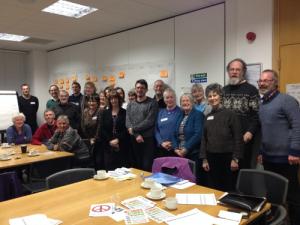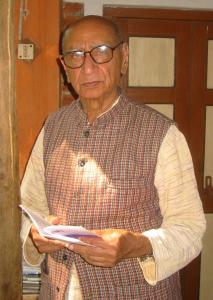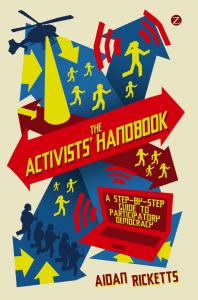The debate about why the Labour party lost the Westminster election matters to everyone struggling for social change in Britain. How this fiasco is understood affects our confidence and our strategies (more on this below) – whatever our attitudes to the Labour party.
If it was true that Ed Miliband’s pale blue austerity-lite Labourism was too radical…













